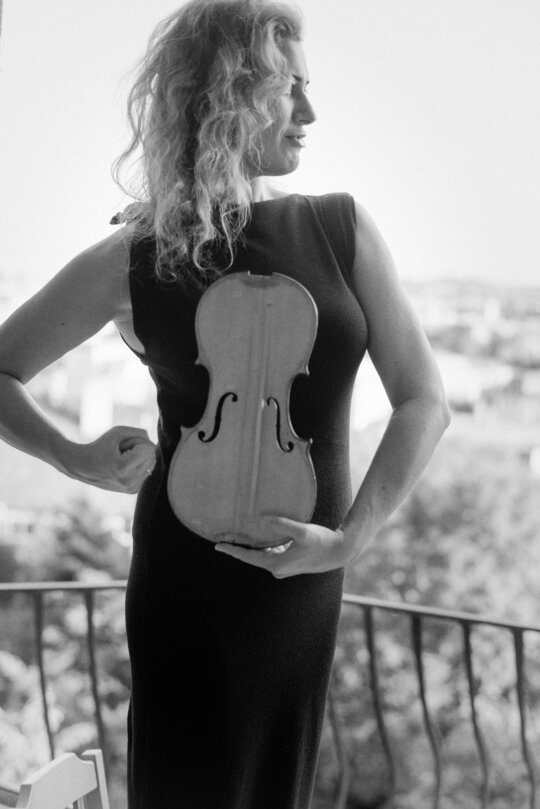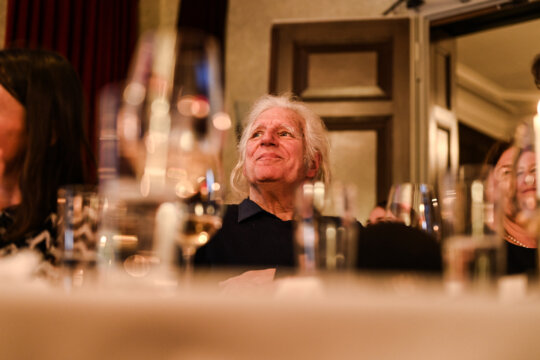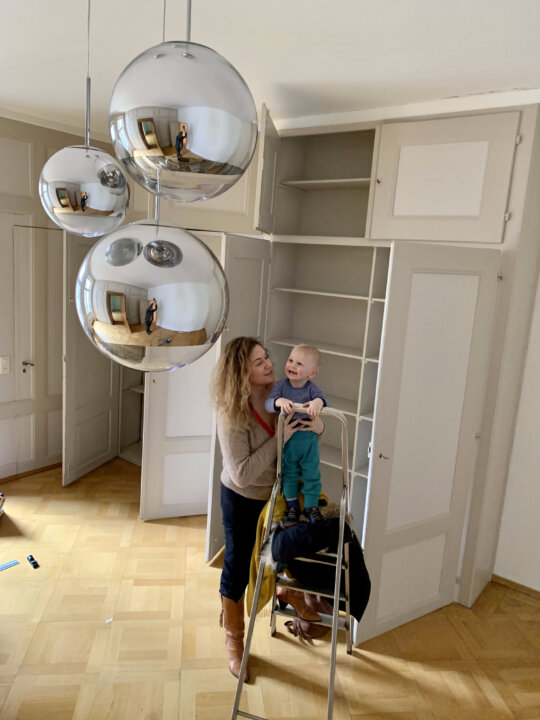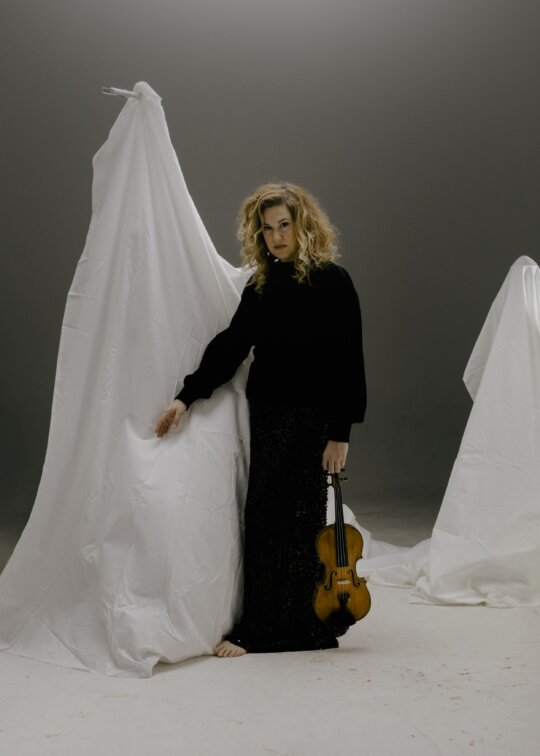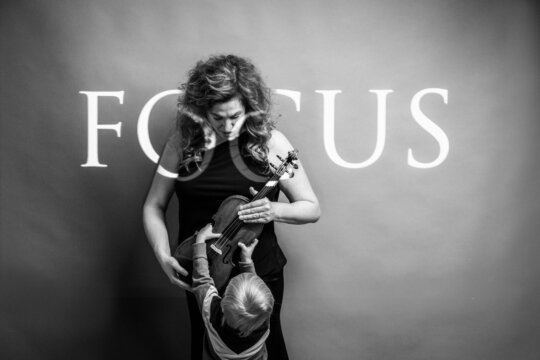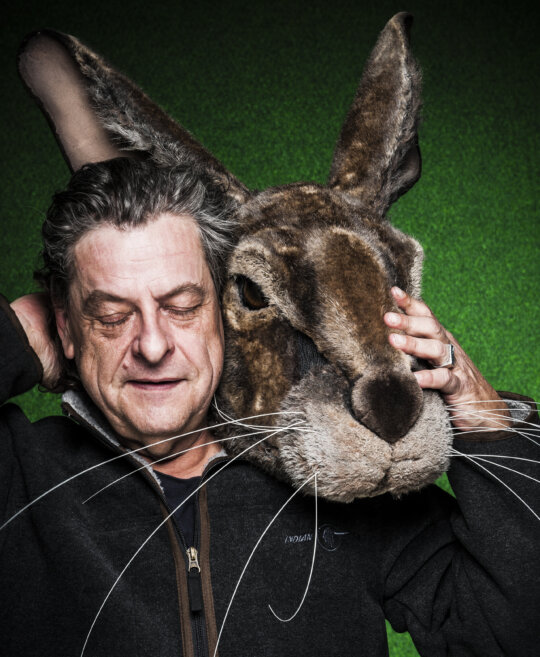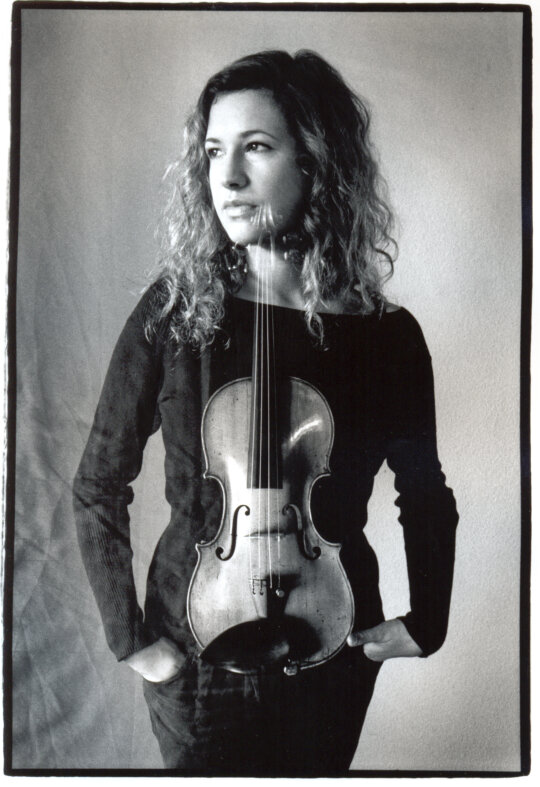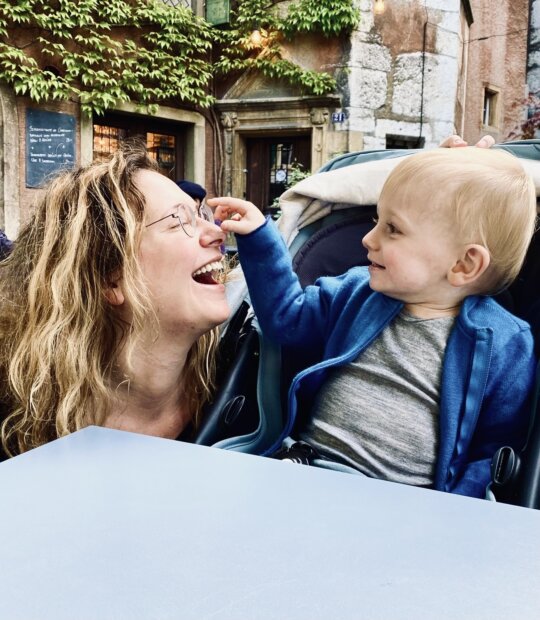| #Writing, #Connectedness, #Music
Bern Baby, Bern (Blogartikel, Lesezeit: 2 Minuten)
Um diese Zeit im Jahr 1996 kam ich in Bern an. Vielleicht hatten die Konstellationen Ähnlichkeit mit ihrer heutigen Ausrichtung. Einen Geigenkasten auf dem Rücken, einen kleinen Koffer in der Hand, begeistert und beklommen zugleich, stieg ich aus dem Zug, der mich vom Flughafen Zürich nach Bern gebracht hatte. Auf dem Weg hinaus zum Bahnhofsplatz vernahm ich um mich herum eine beschwingte, scheinbar singende Sprache: Bärndütsch. Es sollte eine ganze Weile dauern, bis ich diesen Schweizer Dialekt und die dazugehörige Kultur verstand. In meinem in der Schule gelernten scheuen Deutsch erfragte ich mir den Weg zum Berner Konsi. Dort sollte ich zum Semesterbeginn meinen Lehrer Igor Ozim treffen. Es war mein erstes Studiensemester und auch das erste Mal, dass ich länger als ein paar Tage von zu Hause weg sein sollte. Ich sollte in Igor Ozims Meisterklasse studieren. Ein Studium bei ihm wurde mir durch ein Bundes-Exzellenz-Stipendium der Schweizerischen Eidgenossenschaft ermöglicht.
Nur das Tüpfelchen auf dem I? – gendern oder nicht gendern, das ist hier die Frage! (3 Minuten Lesezeit)
Als mein Team und ich kürzlich an Texten für verschiedene Projekte arbeiteten, bat ich eine junge Frau darum, Teile davon Korrektur zu lesen. Vieles von dem, was ich schreibe, entsteht zunächst in englischer Sprache. Erst später werden meine Texte in andere Sprachen übersetzt, zum Beispiel ins Deutsche, in dem manche Substantive gegendert werden, um auszudrücken, dass alle biologischen Geschlechter angesprochen sind. Deshalb bat ich die junge Frau um Unterstützung in dieser Angelegenheit: Ich wollte sicherstellen, dass wir in unseren Texten eine inklusive Sprache verwenden. Seit über 60 Jahren befindet sich die deutsche Sprache – und mit ihr die deutsche Kultur – in einem Prozess. In den 1960er Jahren wünschten sich Frauen mehr Sichtbarkeit und begannen damit, einen Schrägstrich einzusetzen, der anzeigen sollte, dass sowohl Männer als auch Frauen einen Beruf ausüben können. Aus Lehrern wurden Lehrer/innen. Die ersten Varianten des Genderns wurden widerstrebend zur Kenntnis genommen, selbst unter Feminist:innen. Sie kritisierten die Unterordnung der Frauen untereinander und waren der Ansicht, dass Frauen mehr als nur ein Anhängsel sein sollten.
Dot Your I’s – To Gender or Not to Gender, Is That a Question? (3-minute read)
Recently, as my team and I completed copy on different projects, I asked a young woman I work with to proofread some of the text. Although much of what I write starts its life in English, it gets translated into other languages, such as German. German makes use of the grammatical gender system where nouns are gendered. This is because, historically, a lot of nouns denoted males only. In asking the young woman for support in the matter, I wanted to make sure the language we use is inclusive. The German language, and by extension, culture, has been subject to reexamination for over six decades. Feminists in the 1960s, in a bid to make women more visible, began using a slash to show that both men and women could be, for example, a teacher — Lehrer became “Lehrer/innen”. This first gender variant was met with resistance, even among feminists. They criticised the subordination of women to one another. “Women”, they felt, should be more than an appendix.
Empathy (7-minute read)
“So spielt man keinen Mozart”. At the Music Conservatory of Berne, Professor Urs Peter Schneider wiped the sweat from his brow and took the steps that led from the podium to his dressing room backstage. He had just completed a flamboyant solo piano recital, the kind – both in length and complexity – that had originally been a cornerstone of expression for the likes of Liszt and Paganini. He switched on the kettle, readying his instant coffee as a form of habit. His choice of programme had been typically eclectic, ranging from Bach to Bartok, Schubert to Schneider.
Moving (3-minute read)
“Why are people so scared of moving house?” I wondered, as I sat at the kitchen table staring at the light of two flickering candles, cradling a cup of tea in my hands. “I’m not!” my husband responded from two rooms away. “Why not?” “Those who fear moving house lack intelligence,” he maintained. Just thinking about such a statement made my head spin. How callous, I thought. Outrageous! Insulting! GENERALISING! And, then I thought again.
| #News, #Writing, #Connectedness, #Music
The Necessity of Art (3-minute read)
During lockdown in Switzerland when people complained about being bored, I have to admit, their complaint chaffed at my patience. Being politely asked to work from home, yet still having the ability to go for walks, eat and cook food, read books, or shop online for anything you desire — music, films, craft projects in a box, you name it — does not equate boredom to me. When people bemoaned the closure of restaurants, concert halls, clubs, and other places where we humans like to gather, I did not feel that those of us who were bored were, equally, compassionate for the financial survival of the people who are servers or bartenders in those restaurants, those who maintain or play in the concert halls, or those who spin the decks.
| #News, #Writing, #Connectedness, #Music
Music and Parenthood (4-minute read)
When I embarked on envisioning an image that would capture my child and I, an image that could summarize the greatest challenge that I now face being a mother, with one word to encapsulate it, I didn’t realise what kind of conversation it would create along the way. I understood from an early age that I might face discrimination, coming from a multi-ethnic background of refugees and Shoah survivors who encompass cultures and traditions from Northern, Central and Eastern Europe. However, the greater number of my experiences were privileged. Everywhere in the world that I went, I was met with courtesy and respect. I was welcomed as an artist and treated as a human being. That is, until I got pregnant, until I became a parent.
| #Music
Endo Anaconda (2-minute read)
"Urlaub" hat, wie das Wort "Ausgang", für mich einen seltsamen Klang, es setzt Gefangenschaft voraus. – Endo Anaconda
An ex-boyfriend of mine is Austrian. He lived in Berne for many years. One day, he brought home a Stiller Has album. It was called “Moudi”.
My ex-boyfriend was a two-timer. He probably heard about the group from a Bernese girl.
The album was good. At least I got something out of his wandering eye.
| #Writing, #Connectedness, #Music
On Honesty and Art (3-minute read)
For decades now, I have heard it said that interest in classical music is on the decline, to have lost its importance and popularity, to no longer be “useful”. In 2012, the National Endowment for the Arts (USA) reported that in that year, only 8.8% of the population had attended a classical music concert. My interest was piqued by these statistics, so I did a bit of my own digging. When I asked friends what they thought about classical music, apart from positive things, they felt that classical music was elitist, academic, dull, uninspired, a status symbol as opposed to an art form. Or, I found this one amusing — “too long.” Too long for what? “Just — too long!"
| #Writing, #Connectedness, #Music
The Fifth Element (3-minute read)
Recently, while running errands with my son, we passed a shoe store and my son unexpectedly stopped to look into the window. This is unusual for him because he has just begun to walk and explore the concept of forward motion. And so, he is usually running on his tiptoes, shrieking in delight at his own locomotion. My son is of a very sunny nature. He is cheerful, curious, fun, and very present. This latter trait forces me to drop everything and be just as present as he is. What he is not, is someone who stops in his tracks to look at something, whilst processing an impression that he can’t apprehend yet.









